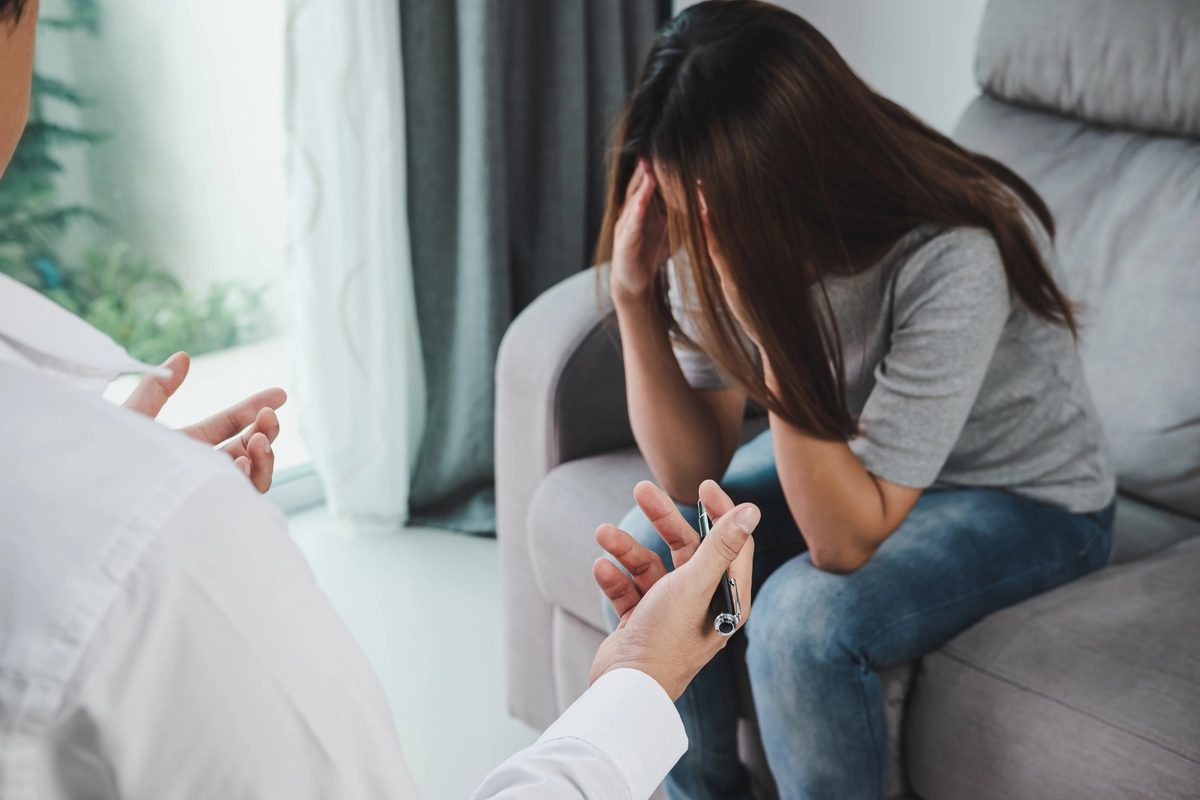24/7 Helpline:
(866) 899-221924/7 Helpline:
(866) 899-2219
Learn more about Bipolar Disorder Treatment centers in Union County

Other Insurance Options

Regence

Evernorth

Coventry Health Care

Excellus

Highmark

Amerigroup

Private insurance

CareFirst

Access to Recovery (ATR) Voucher

WellPoint

Horizon Healthcare Service

Magellan

Humana

Molina Healthcare

CareSource
Beacon

Kaiser Permanente

Lucent

EmblemHealth

Meritain

Northern Hills Alcohol and Drug Treatment
Compass Point is a non-profit rehab located in Sturgis, SD. Compass Point specializes in the treatme...

Compass Point
Compass Point provides prevention, intervention, and treatment services in the Northern Black Hills....

River Valley Behavioral Health
River Valley Behavioral Health is an outpatient clinic that provides behavioral health services, sub...

Counseling Center
Counseling Center is a private rehab located in Morganfield, Kentucky. Counseling Center specializes...

Michiana Addictions Prevention
Michiana Addictions Prevention is a private rehab located in Sturgis, Michigan. Michiana Addictions ...













































































